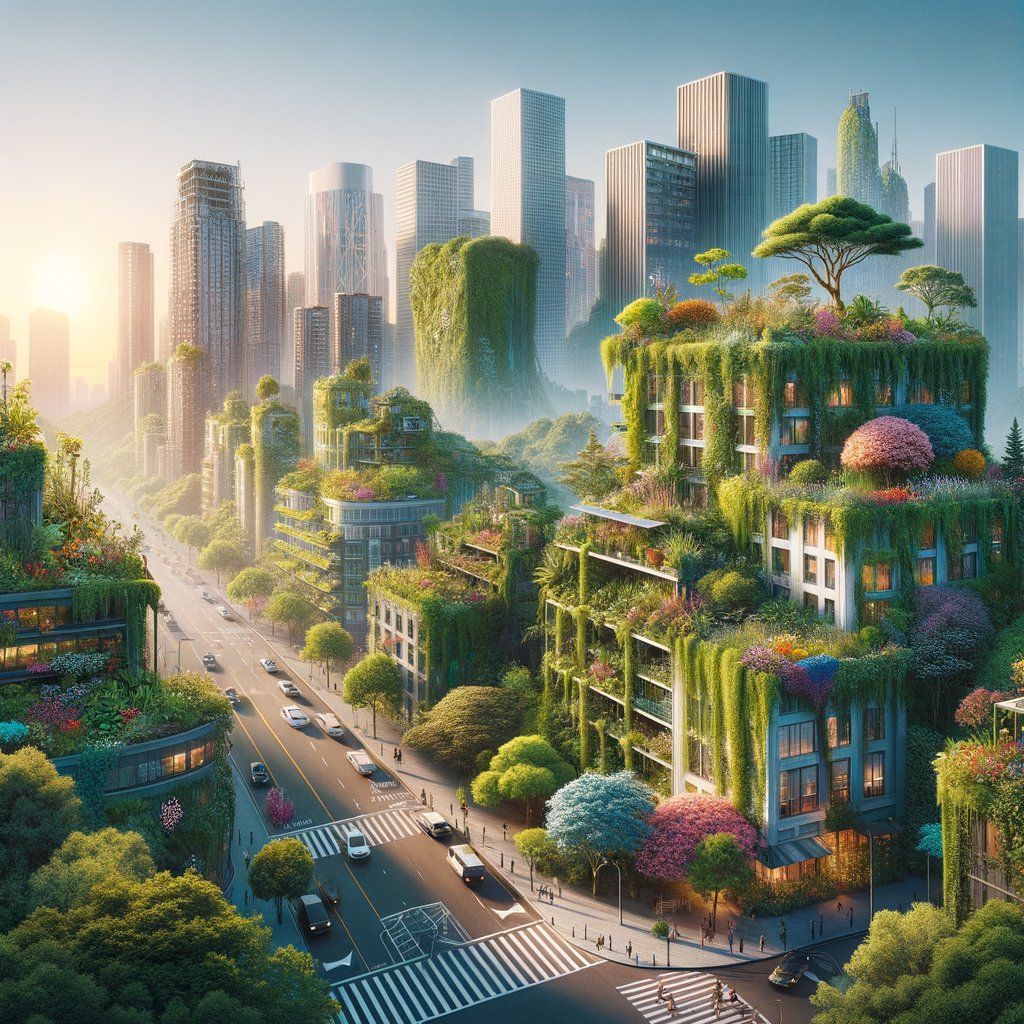Physical Address
304 North Cardinal St.
Dorchester Center, MA 02124
Physical Address
304 North Cardinal St.
Dorchester Center, MA 02124

As I sit here, sipping my morning latte on the 25th floor of a towering skyscraper, gazing out over the concrete and steel jungle that is Sydney city, I can’t help but feel a sense of disconnect. Where are the trees? Where are the chirping birds and rustling leaves? It’s as if nature has been squeezed out to make room for our urban sprawl. But does it have to be this way? Can we not find a balance between our need for development and the innate call of nature?
The importance of nature in urban living goes beyond aesthetics or a yearning for greenery amid grey concrete. It’s about health – physical, mental, emotional – and about sustainability in an increasingly threatened world.
The Green Effect
Research has shown that exposure to natural environments can reduce stress levels, improve mood, enhance cognitive function, and boost overall well-being. A study conducted by the University of Exeter found that people living in areas with more green space had lower levels of cortisol (the ‘stress hormone’) and reported feeling less stressed than those living in heavily built-up areas.
Even just having access to a view of nature can have positive effects. A famous study from the 1980s showed that hospital patients who had a view of trees from their window recovered faster than those whose view was a brick wall.
Sustainability Central
Nature also plays an essential role in making our cities more sustainable. Trees absorb carbon dioxide, helping to combat climate change. They also provide shade reducing the need for air conditioning (and therefore energy use) during hot summer months. Moreover, green spaces can act as natural flood defences by absorbing rainwater, reducing the risk of urban flooding.
Urban Biodiversity
Not to forget, cities can be hotspots for biodiversity. Parks, gardens, and even roadside verges can provide habitats for a wide range of plants and animals. In fact, some species are more common in cities than in the surrounding countryside! However, this biodiversity is often overlooked in urban planning and development processes.
Bringing Nature Back into Our Cities
So how do we reconcile our need for urban living with the importance of nature? The answer lies in ‘green infrastructure’ – incorporating natural elements into our built environment. This could take the form of green roofs and walls, tree-lined streets, or urban wetlands.
We also need to rethink our approach to urban planning and design. Instead of viewing nature as something to be pushed out to make way for buildings and roads, we should see it as an integral part of our cities that needs to be protected and enhanced.
A great example of this is Singapore’s ‘City in a Garden’ vision. Through careful planning and innovative design, they have managed to integrate high-density urban development with lush green spaces. The result is a city that not only looks beautiful but also offers its residents the health and sustainability benefits associated with being close to nature.
The Future: A Green Urban Jungle?
The future of our cities depends on finding a balance between development and nature. We need places where people can live, work, play – but also breathe fresh air, hear birdsong, feel grass under their feet. Places that are not just sustainable but also healthy and enjoyable to live in.
As I finish my latte (which has now gone cold), I look again at the view from my window. I imagine a city with more trees, more parks, more green roofs. A city that embraces nature rather than pushing it away.
So let’s start planting those seeds of change – literally and metaphorically. Let’s strive for cities that are not only concrete jungles but also urban forests, buzzing with life and bursting with colour. Because the importance of nature in urban living is something we can no longer afford to ignore.